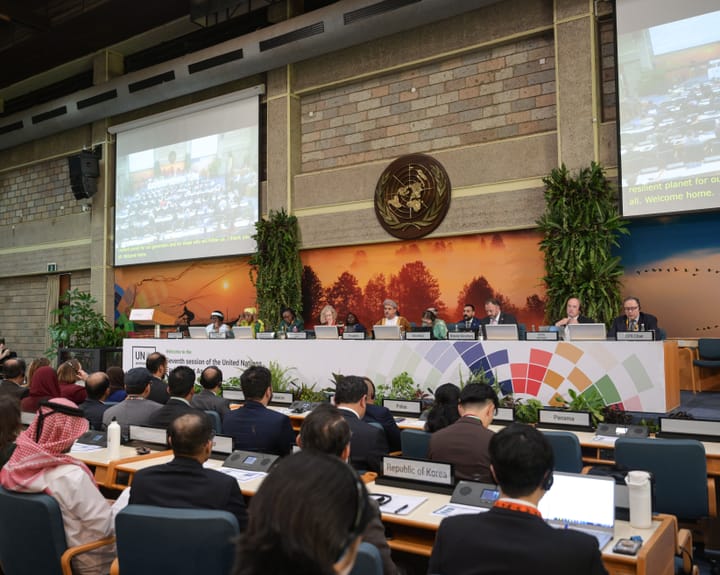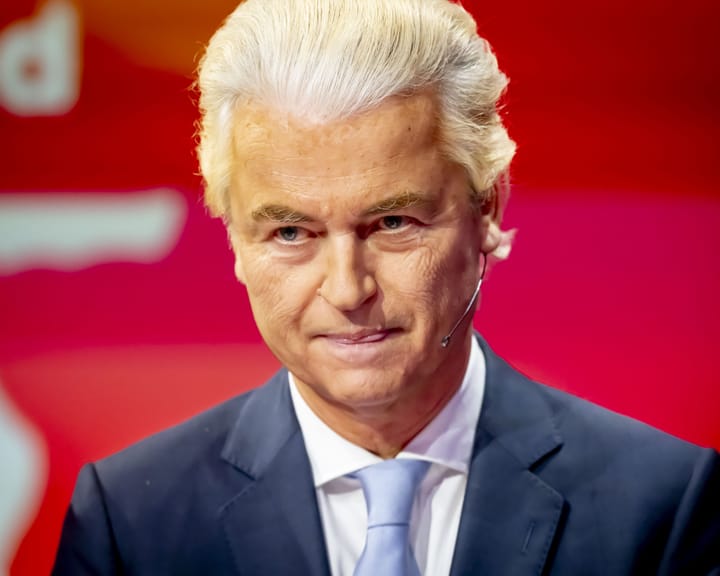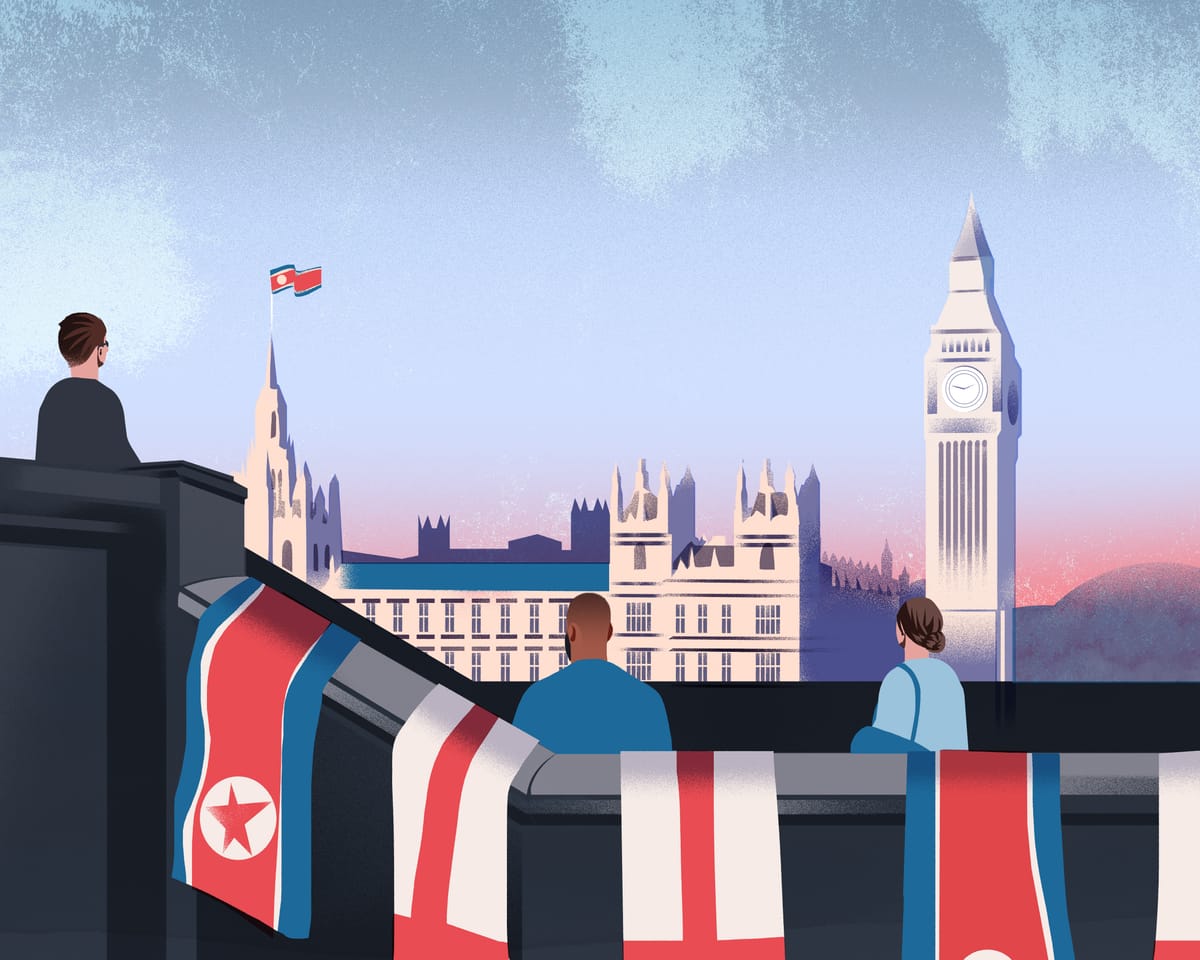How are people in the UK adjusting to being compared to an isolated authoritarian regime? How does it feel to see the country ranked among the most oppressive nations in the world?
That is the implication of a recent front-page claim suggesting Britain has taken a troubling turn. At first glance, the exaggerated question—"When did Britain become North Korea?"—might be dismissed as sensationalism. The arguments cited to support this claim—market volatility, potential ID card requirements, the arrest of a comedian over social media posts, and political controversies—fall far short of justifying such a comparison.
However, this hyperbolic rhetoric points to a broader issue. While certain policies may be flawed or excessive, they are not equivalent to the extreme control seen in places like North Korea, which ranks at the bottom of most freedom indices. Some actions by the UK government may be misguided, but there remains a vast difference between those and the absolute authority documented in states with systemic oppression.
Yet, these distinctions increasingly need clarification. Political discourse, if it can still be called that, is now saturated with exaggerated dystopian language. Examples include this front-page claim and a recent reference to "an Orwellian state" in commentary. Both traditional and newer media amplify such rhetoric, pressuring governments—whether Labour or Conservative—to react with hasty policies rather than measured solutions.
The result is a political environment where overstatement drowns out nuance, truth, and reasoned judgment. A more balanced approach would better address the actual issues underlying the exaggerated comparisons.
First, while the UK bond market has seen fluctuations, this is part of a broader global trend influenced by international political instability, not domestic policy alone. The suggestion that Britain is uniquely affected is misleading.
Second, the reintroduction of mandatory ID cards is under discussion. This concept has been debated for years, often with varying political responses.
Read next

Africa's Warning on Solar Geoengineering Risks Gains Editorial Backing
It is appropriate that this week’s United Nations environmental discussions are happening in Nairobi, as Africa plays a central role in shaping global climate dialogue. Diplomats from the continent are addressing the complex issue of whether attempting to cool Earth by reducing sunlight exposure is a prudent approach. While

Might Narcolepsy Medication Revolutionize the World?
Breakthroughs in Sleep Science Reveal Surprising Insights
During a conversation with a pharmaceutical researcher, I learned of significant progress in sleep medications. One promising development targets narcolepsy, though its method could also address broader sleep issues like insomnia, much like how certain unexpected innovations find wider applications — akin to adhesive

"Far right still dominant in Netherlands despite Wilders' government setback"
Dutch Voters Head to the Polls Amid Political Instability
On Wednesday, Dutch citizens will cast their votes once again, marking the ninth election for the Tweede Kamer—the legislative chamber of the Netherlands’ parliament—in this still young century. In some respects, the country has come to resemble Italy in

